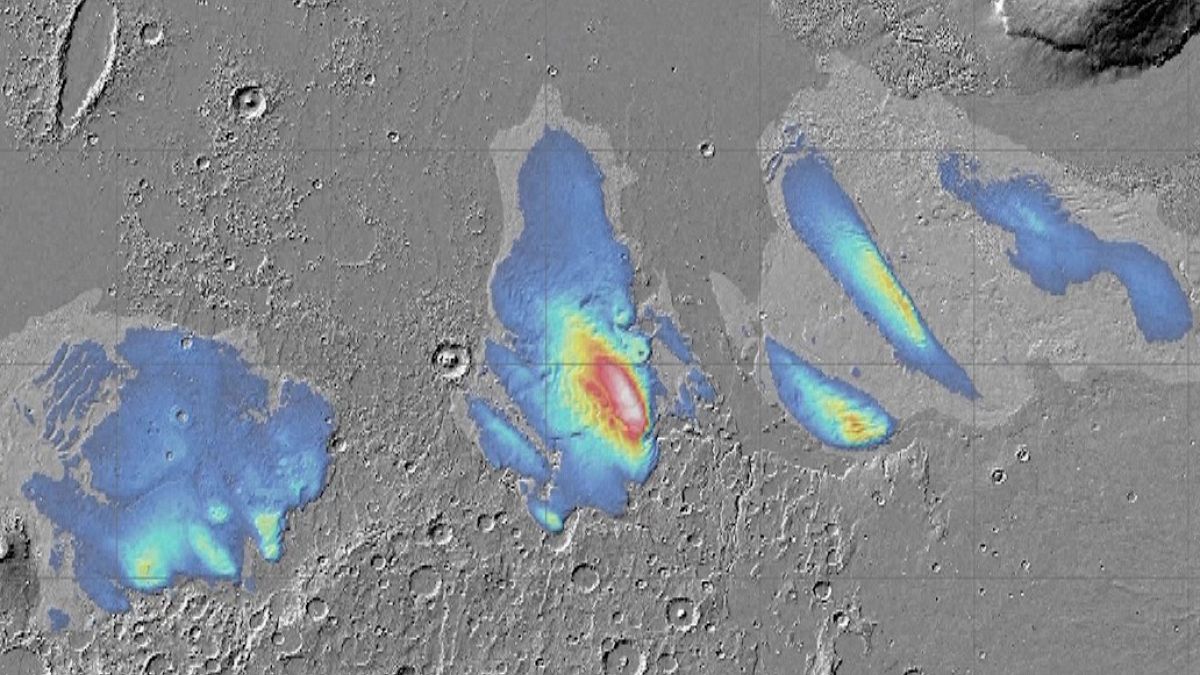Nestle:

The idea of watching mars atmosphere being terraformed back so liquid water could stay on the surface again scratches every itch in my body and it’s the first time I’ve felt loss at the fragility of human lifespan
You may enjoy the Red Mars/Blue Mars/Green Mars series from Kim Stanley Robinson.
I confess I only got part way through because it’s more a political thriller with a sci-fi backdrop. But what I read was pretty good.
Thanks for the recommendation!
The crazy thing about terraforming another planet is that you could (re-)terraform the Earth for less resources.
Let’s move half of Venus’s atmosphere to Mars and get both
Disclaimer yes I know that that’s actually way too much atmosphere on Mars
This is the best summary I could come up with:
The potential discovery suggests that Mars once looked very different from how it appears today and could once have sustained life.
It’s estimated that the deposits are around 3.7 kilometres thick, meaning that they could fill Earth’s Red Sea if melted or cover the entirety of Mars in a layer of water about two metres deep.
The new findings suggest that Mars once looked very different to how it appears today, with glaciers, lakes, and river channels, according to scientists.
It discovered the deposits in 2007, but it wasn’t clear what they were made of – perhaps giant accumulations of dust, volcanic ash or sediment.
Our rovers are finding that there’s a lot more humidity in the air than we ever imagined," said Jim Green, NASA’s Director of Planetary Science, at a press conference.
Given that Mars is a cold planet, between 20C and -153C, according to NASA, finding water ice in low latitudes instead of polar regions would have made human exploration missions easier.
The original article contains 536 words, the summary contains 165 words. Saved 69%. I’m a bot and I’m open source!
Now just to increase the mass of Mars so it won’t drift off if vapourised 🫠





